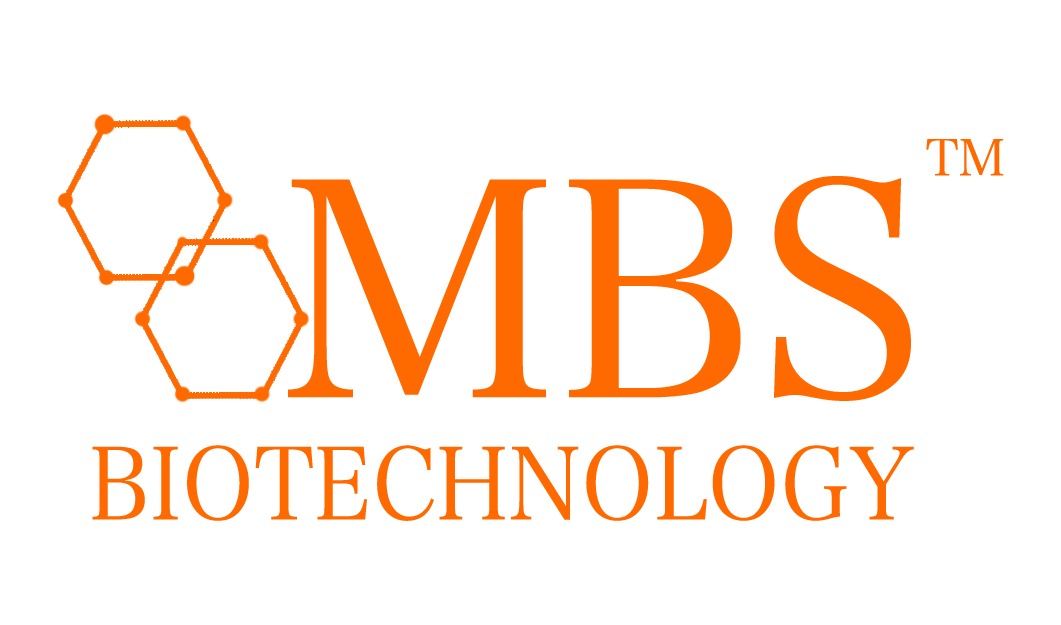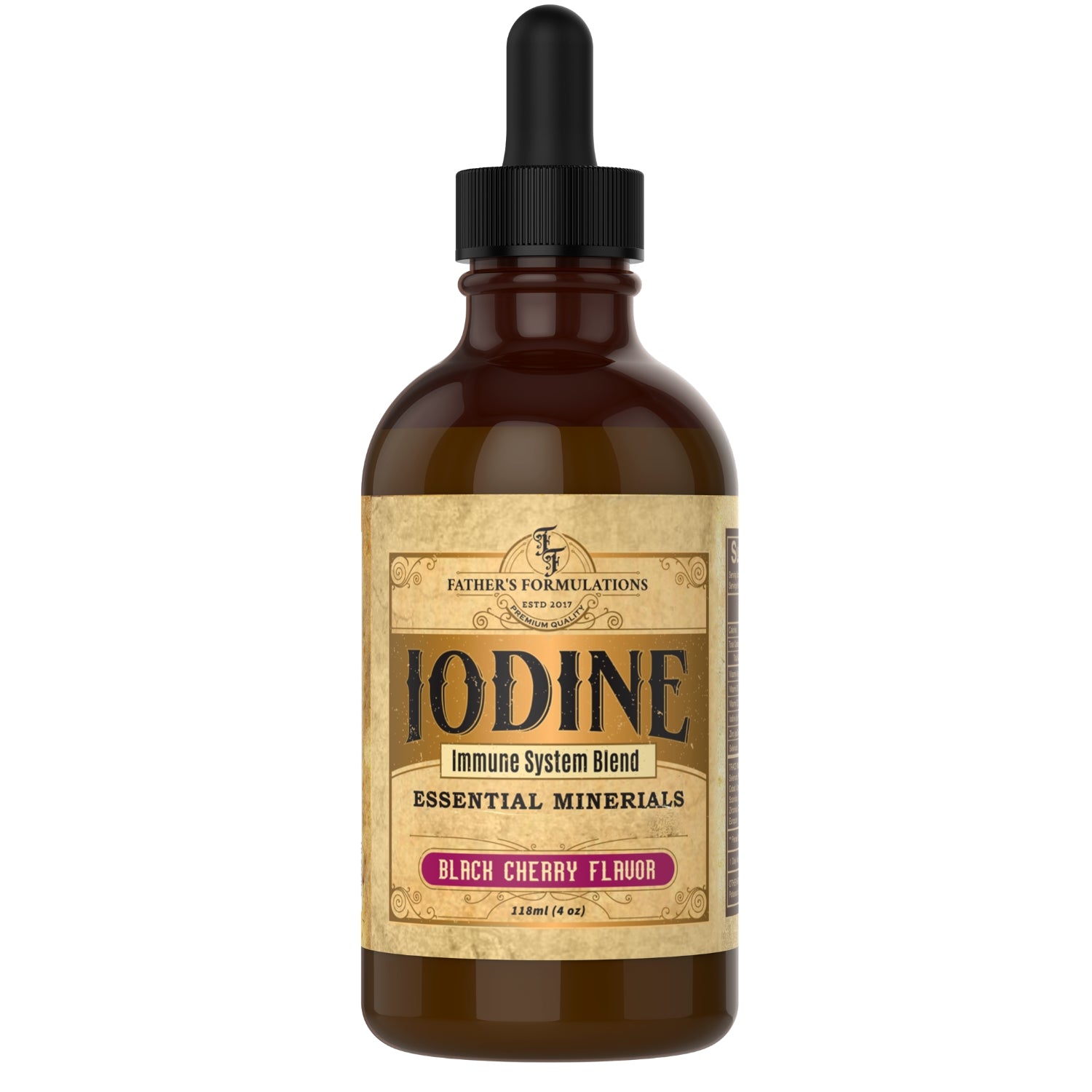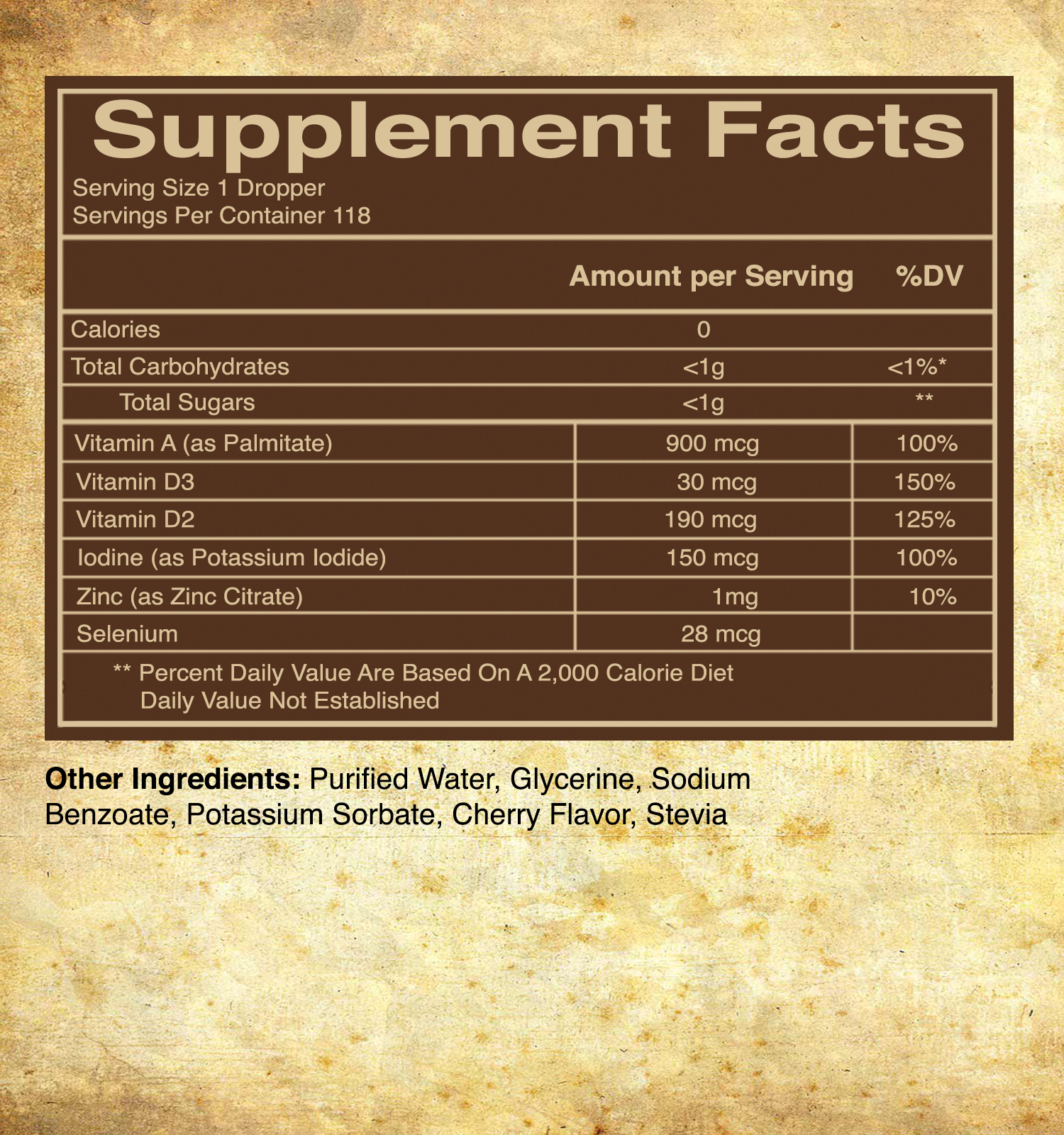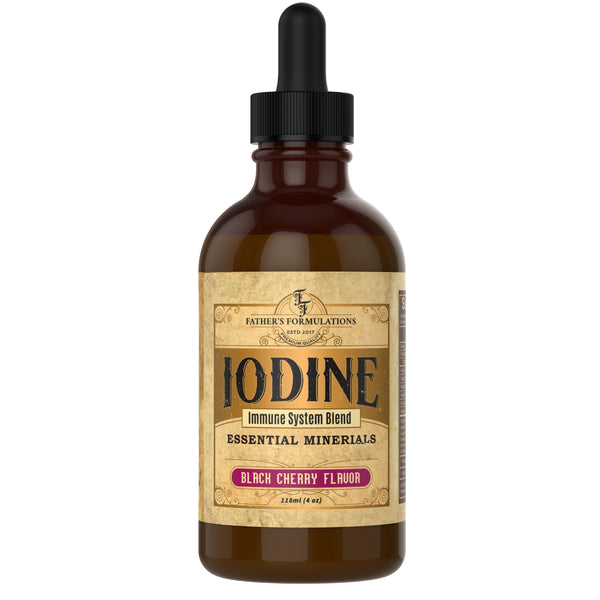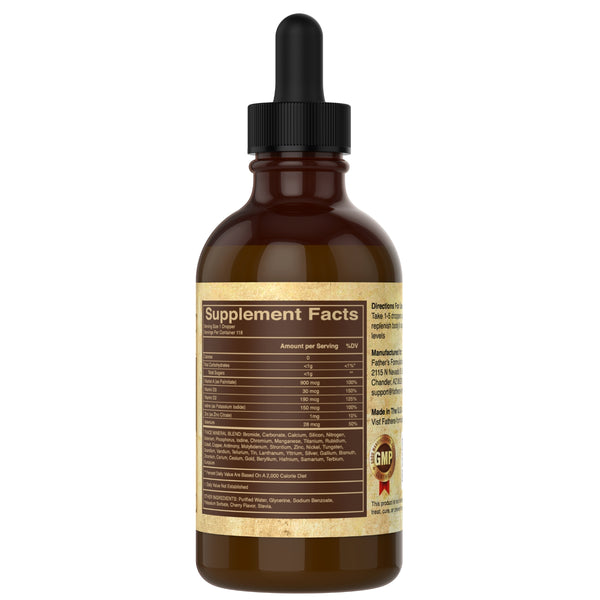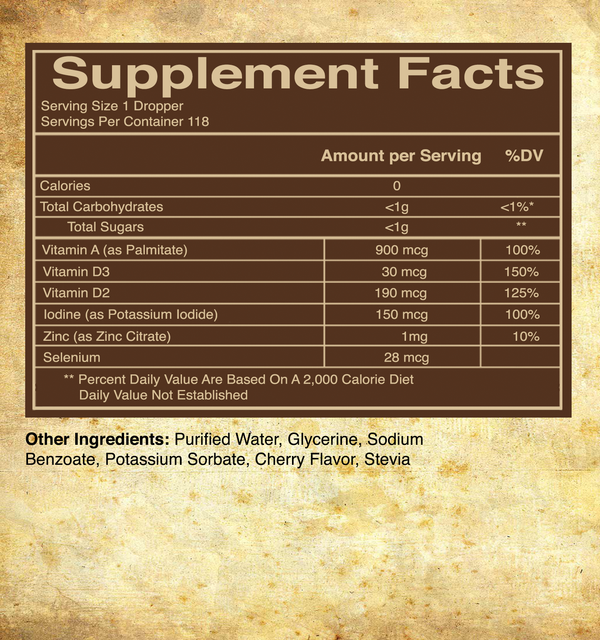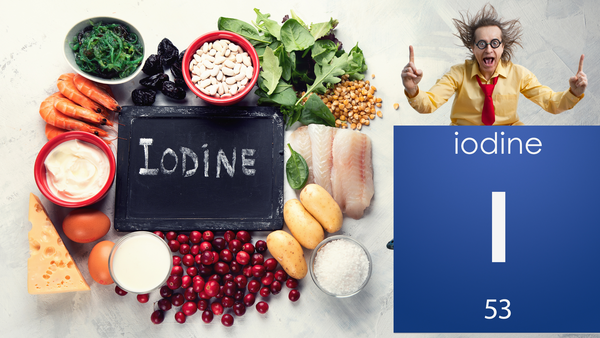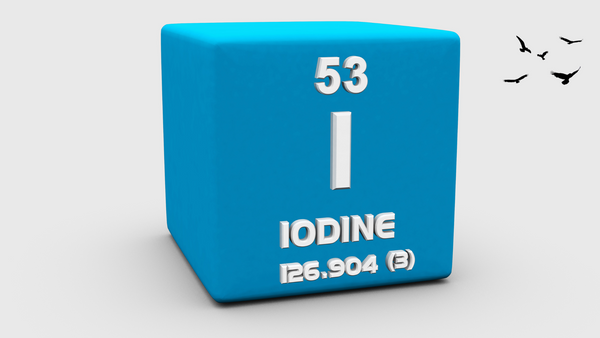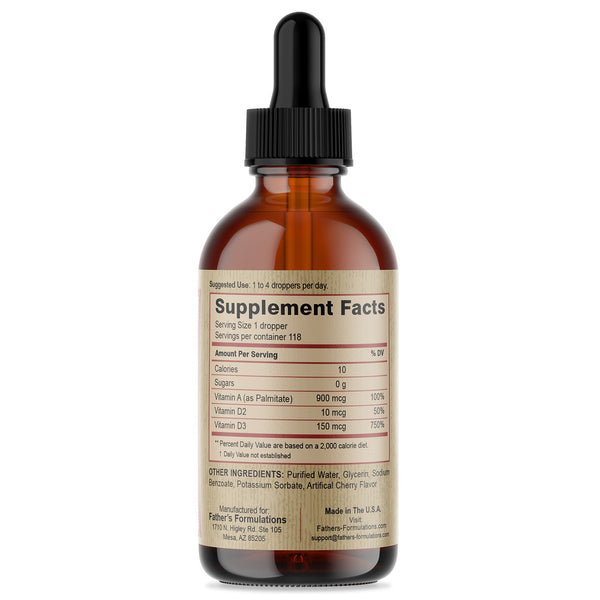
The Vital Connection: Iodine Deficiency and Thyroid Disorders Explained
The thyroid gland is a small but mighty organ in the body that plays a crucial role in regulating metabolism, growth, and development. But did you know that the health of your thyroid gland is closely linked to your iodine intake? Iodine is an essential mineral that the body needs to produce thyroid hormones. Without enough iodine, the thyroid gland can become enlarged, leading to a range of health problems. In this article, we will explore the link between iodine deficiency and thyroid disorders, and how you can ensure that you're getting enough iodine for optimal thyroid health.
Iodine is a vital mineral that plays a crucial role in thyroid health. Your thyroid gland needs iodine to produce thyroid hormones, which are essential for regulating your metabolism, growth, and development. Without enough iodine, your thyroid gland cannot function properly, leading to a range of health problems. In fact, iodine deficiency is the most common preventable cause of intellectual disability worldwide. So, if you want to support a healthy thyroid and overall well-being, making sure you get enough iodine is crucial.
how does iodine effect thyroid health? How does it work in the body?
Iodine plays a crucial role in the production of thyroid hormones, which are essential for regulating metabolism, growth, and development. The thyroid gland takes up iodine from the bloodstream and uses it to make two important hormones, thyroxine (T4) and triiodothyronine (T3). These hormones are involved in almost every cell in the body, so iodine is essential for the proper functioning of a wide range of bodily systems. Without adequate iodine intake, the thyroid gland becomes enlarged in an attempt to capture more iodine, leading to the development of goiter. Iodine deficiency can also lead to a range of other health problems.
How does the thyroxine (T4) and triiodothyronine (T3) use Iodine?
The thyroxine (T4) and triiodothyronine (T3) hormones are produced by the thyroid gland and contain iodine. Specifically, T4 contains four iodine molecules and T3 contains three iodine molecules. These hormones are critical for regulating metabolism, growth, and development throughout the body.
The thyroid gland takes in iodine from the blood and combines it with the amino acid tyrosine to create T4 and T3. These hormones are then released into the bloodstream and transported to cells throughout the body, where they help regulate cellular metabolism.
The amount of iodine available to the thyroid gland directly affects the amount of T4 and T3 that can be produced. If iodine intake is insufficient, the thyroid gland cannot produce enough thyroid hormones, leading to a condition known as hypothyroidism. On the other hand, excessive iodine intake can also have negative effects on thyroid function. Thus, maintaining a healthy balance of iodine intake is critical for proper thyroid function.
How do you get iodine in your system?
Iodine can be obtained from various dietary sources such as iodized salt, seafood, dairy products, eggs, and some fruits and vegetables. In areas where iodine-rich foods are scarce, iodine supplements or iodine-fortified foods can be used to ensure adequate intake. However, it's important to note that excessive iodine intake can also lead to health problems, so it's important to talk to a healthcare provider before supplementing with iodine.
Is iodine salt?
Iodized salt is a common source of iodine, but iodine itself is a naturally occurring element. Iodine can be found in various food sources such as seafood, seaweed, dairy products, eggs, and some fruits and vegetables. It can also be taken in supplement form.
But isn't salt bad for you?
Iodized salt, which is table salt that has been fortified with iodine, is an important source of dietary iodine. While excessive salt intake can lead to health problems such as high blood pressure, the amount of iodine in iodized salt is typically low enough that it doesn't pose a significant risk. It's still important to monitor your salt intake and choose other sources of iodine, such as seafood and iodine supplements, to ensure that you're getting the optimal levels of this essential nutrient.
What's the difference between Iodine and salt?
Iodine is a chemical element and a nutrient that the human body needs to produce thyroid hormones, while salt is a compound that is made up of sodium and chloride. Iodine can be found naturally in some foods, such as seaweed, fish, and dairy products, but it can also be added to salt to create iodized salt, which is a common way for people to get enough iodine in their diets. However, not all salt contains iodine and not all iodine comes from salt, as there are other sources of iodine available as well.
The Vital Connection: Iodine Deficiency and Thyroid Disorder
Iodine is a mineral that is essential for the proper functioning of the thyroid gland, which produces hormones that regulate many of the body's vital functions, including metabolism, heart rate, body temperature, and more. A deficiency in iodine can lead to various thyroid disorders, including goiter, hypothyroidism, and hyperthyroidism.
The thyroid gland requires iodine to produce two hormones, thyroxine (T4) and triiodothyronine (T3), which are crucial for maintaining normal bodily functions. When the body lacks sufficient iodine, the thyroid gland cannot produce enough of these hormones, leading to an underactive thyroid, or hypothyroidism.
Hypothyroidism can cause a wide range of symptoms, including fatigue, weight gain, depression, constipation, and more. In severe cases, it can lead to serious health problems, such as heart disease, nerve damage, and infertility.
On the other hand, too much iodine can lead to an overactive thyroid, or hyperthyroidism, which can cause symptoms such as anxiety, tremors, weight loss, and more.
Maintaining a proper balance of iodine in the body is crucial for optimal thyroid function and overall health. Iodine drops can be an effective way to supplement the diet with this essential mineral, helping to ensure that the thyroid gland is functioning correctly and preventing the development of thyroid disorders.
